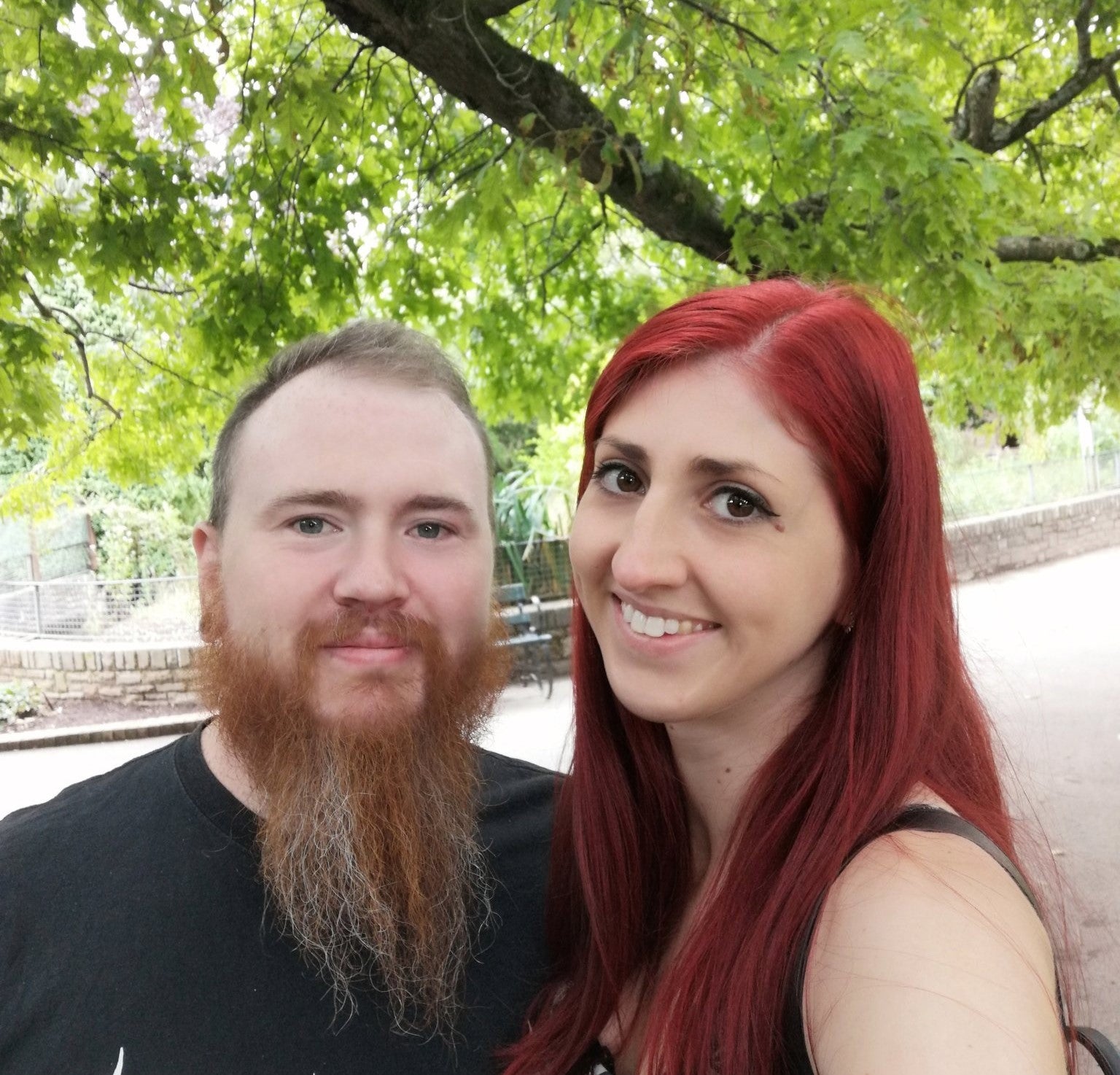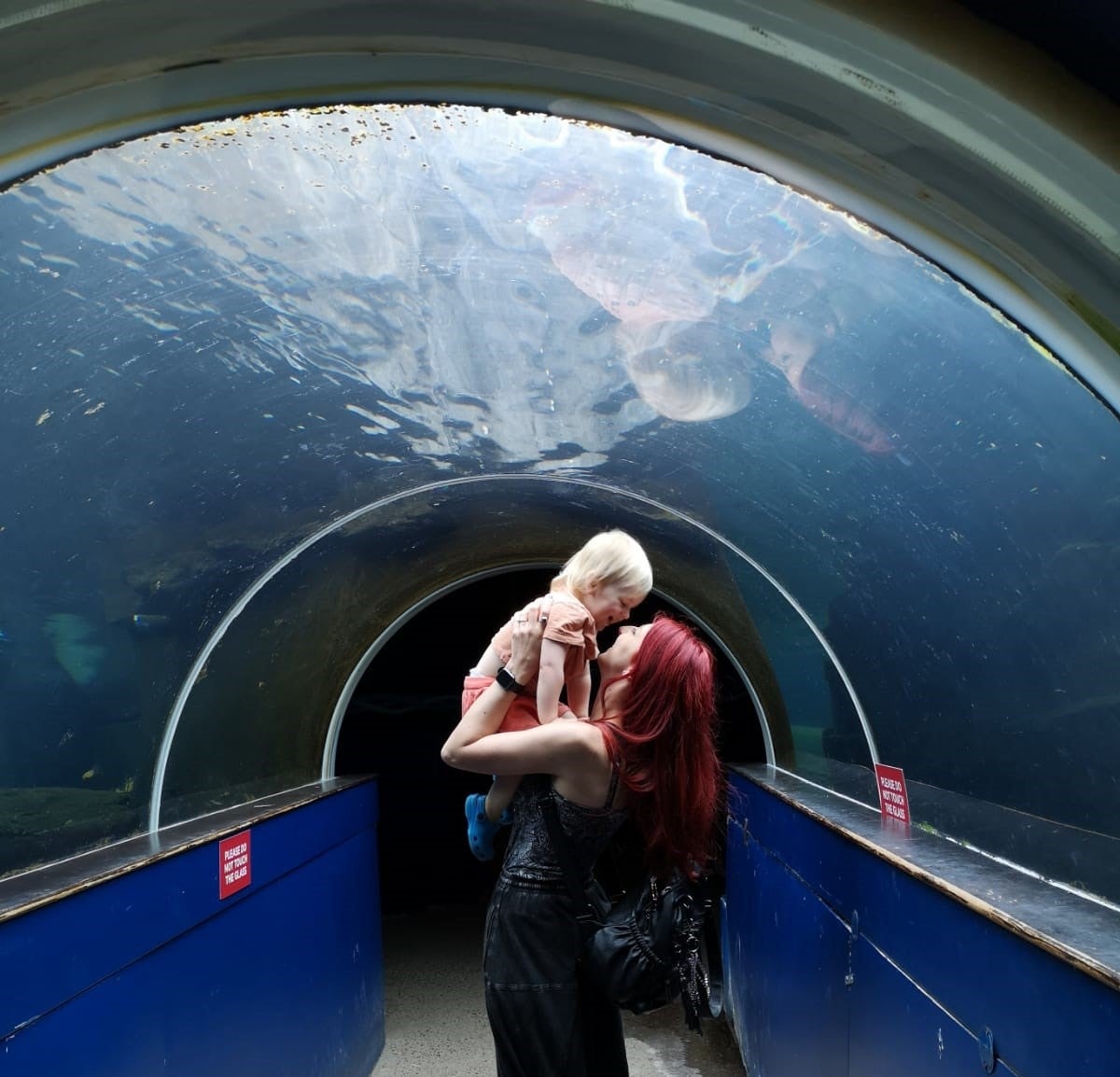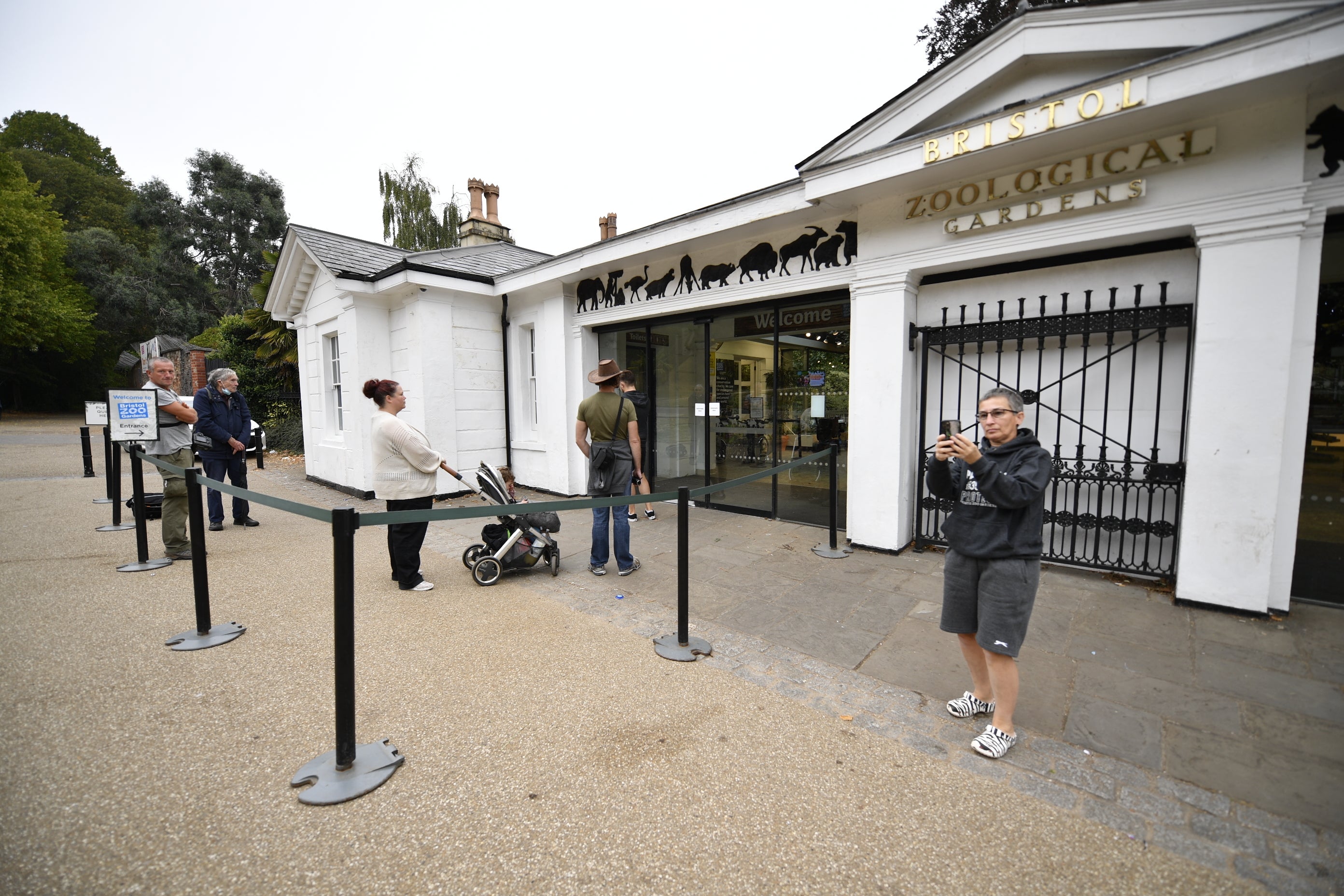Your support helps us to tell the story
From reproductive rights to climate change to Big Tech, The Independent is on the ground when the story is developing. Whether it's investigating the financials of Elon Musk's pro-Trump PAC or producing our latest documentary, 'The A Word', which shines a light on the American women fighting for reproductive rights, we know how important it is to parse out the facts from the messaging.
At such a critical moment in US history, we need reporters on the ground. Your donation allows us to keep sending journalists to speak to both sides of the story.
The Independent is trusted by Americans across the entire political spectrum. And unlike many other quality news outlets, we choose not to lock Americans out of our reporting and analysis with paywalls. We believe quality journalism should be available to everyone, paid for by those who can afford it.
Your support makes all the difference.The son of a gardener who worked at Bristol Zoo for nearly 50 years and a woman who was married at the site have recalled “beautiful” memories of their time at the zoo as it closes its doors after 186 years on Saturday.
The opening in Clifton in 1836 makes Bristol Zoo the fifth oldest in the world, but financial pressures caused by the pandemic have forced its owners to move the animals to a new safari-style park in south Gloucestershire.
Sarah Farrell and her partner, Jon, were married in the Clifton Pavilion “next to the butterflies and flamingos” at Bristol Zoo in October 2018.
“It was somewhere we both loved to visit, we loved the atmosphere and how it held history through its beautiful buildings as well as being a zoo,” Farrell, a primary school teacher from Bristol, told the PA news agency.
“We wanted our guests to have fun,” the 30-year-old added.
Farrell described the occasion as “the best day”.
“My favourite memory was going to see the penguins and seals and going through the underwater walkways, which was very surreal while dressed up in wedding outfits,” she said.
“The animals themselves weren’t involved, unless you count the flamingos squawking from their enclosure next to the pavilion.”
She said she feels “gutted” about the zoo closing.
“It’s such a special part of Bristol and we’ll really miss visiting it and reliving those happy memories,” Farrell said.

“We managed to go a few weeks ago with our toddler and enjoyed going around it one last time.”
Paul Lewis, 62, is one of three generations in his family who have worked at the zoo, including his father, Michael, who was head of indoor gardening.
“My dad worked there for the best part of 50 years,” Lewis, a carpenter from Peasedown St John, Somerset, told PA.
“I even worked there myself in the hot summer of 1976 after leaving school – dad got me a summer job in the store.
“I had to keep all the kiosks stocked with ice cream, but it was so hot that the ice creams would melt by the time I managed to get them across the zoo on a trolley.”

Lewis described the zoo as “a huge part” of his life, somewhere that “gave us as a family secure employment for 50 years”.
His father got his first job at the zoo in 1945, and Lewis said his grandfather was also employed there for a number of years.
“I used to play table tennis at the zoo with dad, he had a team in the Bristol & District league – (we played) in the canteen in the evenings,” he added.
“We lived in a house owned by the zoo which had a large garage under, (and) the zoo used this to park three lorries and a van which they used to pick up food from Avonmouth Docks, such as the exotic fruits required to feed the wide range of animals… (Often) waking us up at five or six in the morning!”

Lewis also said while he feels “nostalgic” about the zoo amid its closure, he believes it “was always cramped”.
“I, as others are, am sorry to see the zoo close as it holds many memories for my family,” he said.
“But to survive and continue the education and breeding programmes they have, I think it needs the space and larger enclosures.”
Staff at the zoo said that while they are sad to be leaving the historic site, they are excited by the conservation opportunities presented by the more spacious facilities in Gloucestershire.
Dr Grainne McCabe, head of field conservation and science, said the move will allow the zoo to expand its work protecting some of the world’s most threatened species.
Asked what she is most excited about with the big move, Dr McCabe said: “One of the best things I think about Wild Place is it will be much more like what I feel like when I go in the forest in the wild to see the animals.
“So, as you walk into what might be a large exhibit, but actually it feels like their native habitat - you may see the animal, you may not, which is exactly how I feel when I do my work in the forest.”



